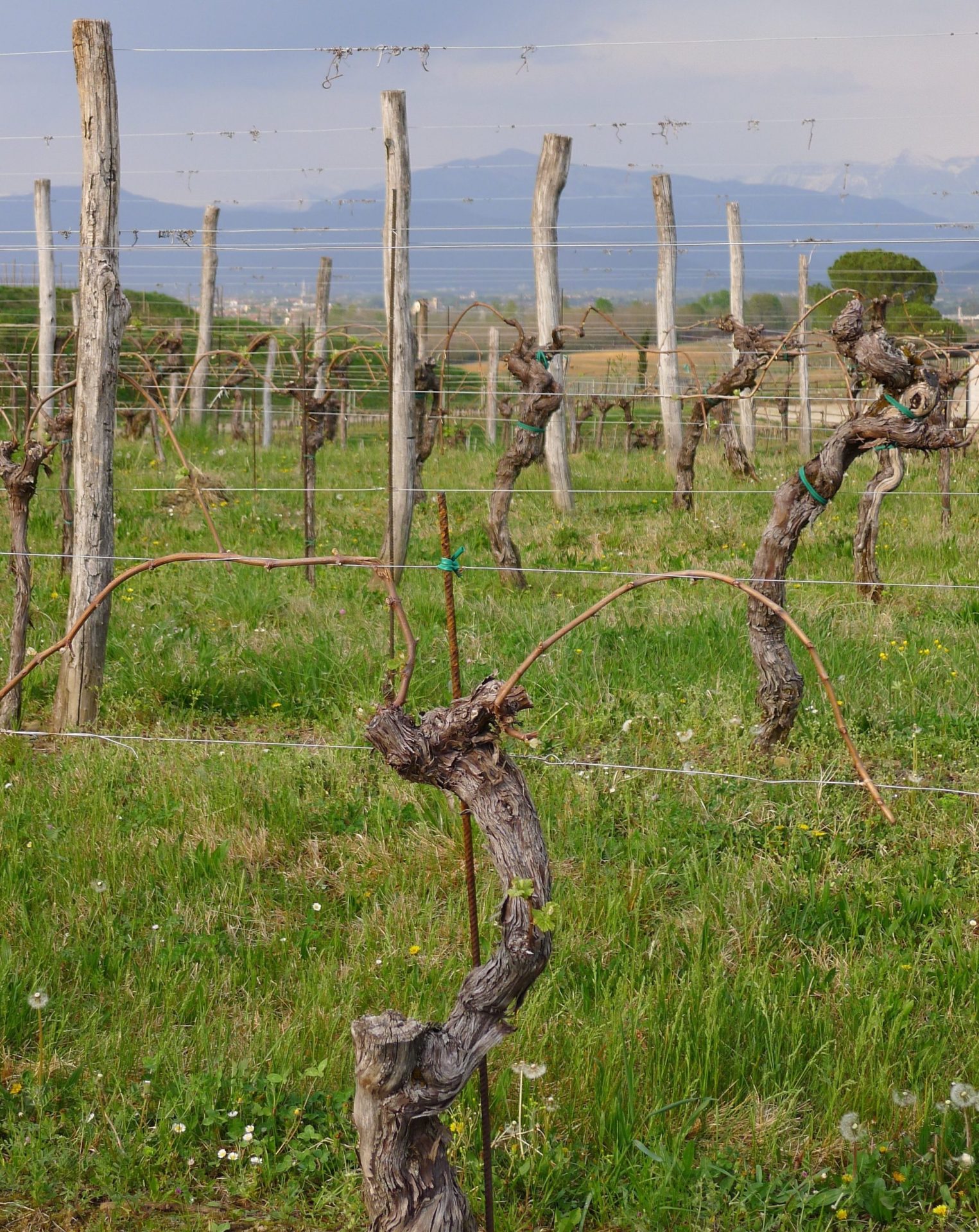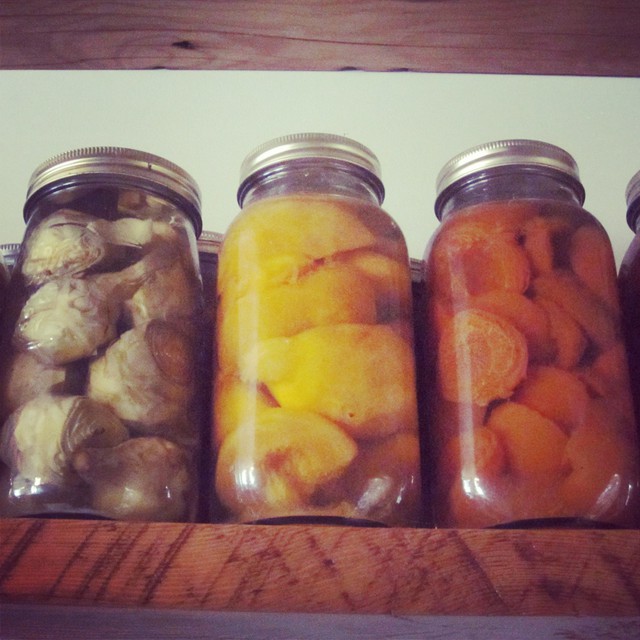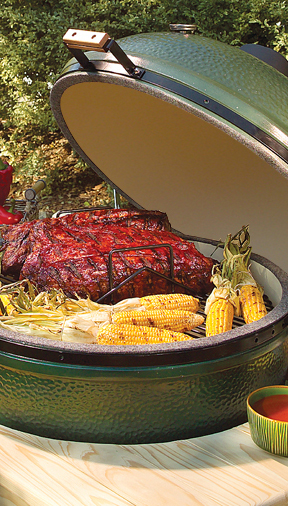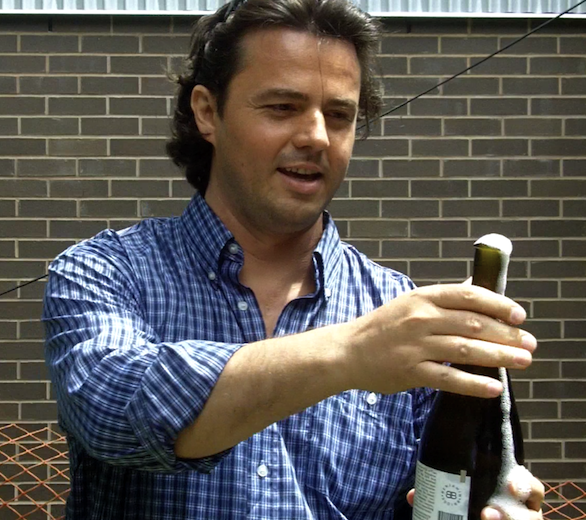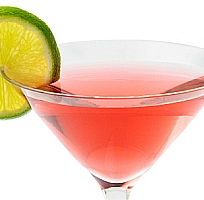Wine Growing with Care
Concerns about climate change and the future viability of many wine regions along with the health effects of chemicals in wine, have pushed terms like organic, biodynamic and sustainable to the forefront of our lexicons. Here’s a quick primer about “green” wines to help clarify what it all means.
Organic wines have a fairly simple definition: they are wines produced with organically grown grapes. This means no pesticides, herbicides, fungicides, artificial fertilizers or GMOs can be used in vineyards. In Europe and Canada the use of sulphur-dioxide (SO2) as a preservative is allowed (although in lower amounts than non-organic wines) but not in the US. Look for organic certification on the label and also US wines labelled “made with organically grown grapes”, which have added SO2, again at lower levels (winefolly.com).
Biodynamic farming focuses on the health of the entire ecosystem of plants, insects and animals in the vineyard. No chemicals are allowed and specific composts are used to regulate pH and stimulate growth, along with animals that naturally fertilize the soils. The lunar calendar guides farming: fruit days are for harvesting, leaf days for watering, root days for pruning and on flower days, the vineyard is left alone (vinepair.com). Look for Demeter certification or Biodyvin for some European wines.
Sustainable wine growing shares the environmental focus of organic and biodynamic farming, but also looks at a winery’s overall impact, including greenhouse gas emissions, community partnerships and how employees are treated. Sustainable wineries want to ensure both farming and business remain healthy and viable for generations to come (winemag.com). There are a number of certifications to look for including ISO 14001, Sustainability in Practice (SIP) and Sustainable Winegrowing Ontario (SWO).
We are happy to have many “green” wines to toast St. Patrick today. Read more about these wineries’ specific practices below and raise your glass to green!
Cave Spring 2019 Riesling ‘Estate’, Beamsville Bench
Retail $21.75 / btl
Click HERE to order!
Scarbolo 2020 ‘il Ramato’ Pinot Grigio, Grave del Friuli
Retail $25.95 / btl
Click HERE to order!
Château Pesquié 2020 ‘Terrasses’ Rouge, Ventoux
Retail $22.95 / btl
Click HERE to order!
Clos LaChance 2019 Cabernet Sauvignon ‘Estate’, Santa Clara Valley
Retail $29.95 / btl
Click HERE to order!
The Wines
Cave Spring 2019 Riesling ‘Estate’, Beamsville Bench
92 points – Wine Enthusiast
“This tangy wine has a pleasing richness and roundness, balancing the tart citrus (lemon skin and flesh) against honeycomb and hints of crystallized sugar. It’s definitely dry, just showing enough fruit sweetness to counterbalance the acidity.”
Click HERE to order!
Scarbolo 2020 ‘il Ramato’ Pinot Grigio, Grave del Friuli
One of our most unique wines, ‘il Ramato’ is a fantastic example of the classic style of vinifying Pinot Grigio with prolonged skin-contact, an historic technique in the Friuli region. Notes of red apple and fresh citrus intermingle with an incredible saline minerality, all carried by the wine’s phenolic, textural finish.
Click HERE to order!
Château Pesquié 2020 ‘Terrasses’ Rouge, Ventoux
90 points – James Molesworth, Wine Spectator, December 2021
“Ripe, but with a breezy edge as damson plum and bitter cherry notes glide through, laced with underlying mineral and floral details. Light kiss of toast on the finish. Grenache and Syrah. Drink now through 2023. 20,000 cases made, 5,000 cases imported.”
Click HERE to order!
Clos LaChance 2019 Cabernet Sauvignon ‘Estate’, Santa Clara Valley
Made from vines on the rolling hillsides northeast of Monterey, grapes are fermented in stainless steel to ensure the pure fruit flavours of the wine and winemaker Jason Robideaux is careful to use just a kiss of oak (up to 30% new French oak) to enhance its overall complexity and structure. Garnet in colour. Aromas of plum, blackberry, and green pepper. Medium tannins and mild acidity. Flavours of fresh blueberries, white pepper and plum.
Click HERE to order!
About Cave Spring
Cave Spring was Ontario’s first Certified Sustainable winery under Sustainable Winegrowing Ontario (SWO), an organization that certifies wineries and vineyards that “are caretakers of the land, good community partners, climate action leaders, and invested in social equity and diversity” (sustainablewinegrowingontario.ca). Over and above SWO minimum standards, Cave Spring is a regional leader in applying organic methods in the vineyards, including biological root, vineyard floor and canopy management treatments in addition to biodiversity initiatives aimed at controlling pests and mechanical weed control. In the cellars, a globally innovative waste-water treatment system which uses natural bacteria to pre-treat wastewater prior to entering the municipal sewer system means that the municipal infrastructure is not overburdened by wastewater discharged from the winery. Extensive use of lightweight glass and cork closures, environmentally sustainable label printing and the diversion of 93% of solid waste materials away from landfill and into recycling streams further support their commitment. Cave Spring wines are made with minimal use of additives, further reducing the overall carbon footprint involved in winemaking. Their wines are also vegan-friendly. Read more about sustainability at Cave Spring HERE.
About Scarbolo
Scarbolo follows the National Integrated Production Quality System farming protocol, which is founded on principles of environmental sustainability in all types of farming. The winery uses natural cover crops between the vineyard rows and does not use chemicals, in order to maintain a healthy environment for pollinators. Scarbolo also maintains thickets and headlands to promote increased biodiversity, allowing insects and animals thrive. Only natural fertilizers are used when needed and the vineyards are not worked at all during key times like pollination, in order not to disturb the natural cycles. Scarbolo’s over-arching philosophy for farming is simple: good wine starts with good, healthy grapes. Read more about Scarbolo HERE.
About Château Pesquié
Sustainably farmed since the 1980s, the estate moved to fully organic methods in the early 2000s. Brothers Alexandre and Frédéric Chaudière, who run the winery, learned about biodynamics from Vincent Masson, and they now tend the entire vineyard using the main biodynamic preparations (horn manure, horn silica, organic composts, infusion of horsetail, nettle, yarrow, valerian, etc.). They have also worked hard on the plant cover, adapting the grass coverage and green fertilizers to each soil type and varietal. The cellar is covered by a layer of planted earth which provides good insulation from the warm temperatures of the region. Since the facilities are partially underground, the winery works with gravity flow from harvest to press, reducing energy consumption. Furthermore, the buildings not earth-covered are covered with solar panels; the estate produces more electricity than it uses. Read more about Château Pesquié’s environmental focus HERE.
About Clos LaChance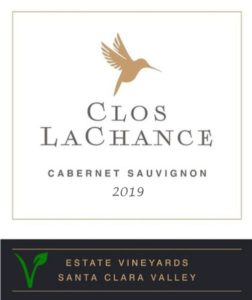
In early 2009, Clos LaChance’s 150-acre Estate vineyard was one of 17 California vineyards to be Sustainably Certified via the California Sustainable Winegrowing Alliance. The production facility was certified shortly thereafter. Clos LaChance works to encourage biodiversity and natural predation on its land by ensuring that bordering areas are healthy homes for species like hawks, owls and eagles. They use of a variety of cover crops, including legumes, barley and clover and the vineyard is regularly fertilized with organic matter, all of which increases soil stability and diversity of microbial life. Grape skins, stems and seeds are also returned to the vineyard after fermentation. All water used to process wines at Clos LaChance’s facility is recycled to a series of onsite reclamation ponds and is then used as needed to irrigate the vineyard. To educate the public about their agricultural practices, the winery conducts frequent tours and training at their demonstration vineyard. Read more about sustainability at Clos Lachance HERE.

